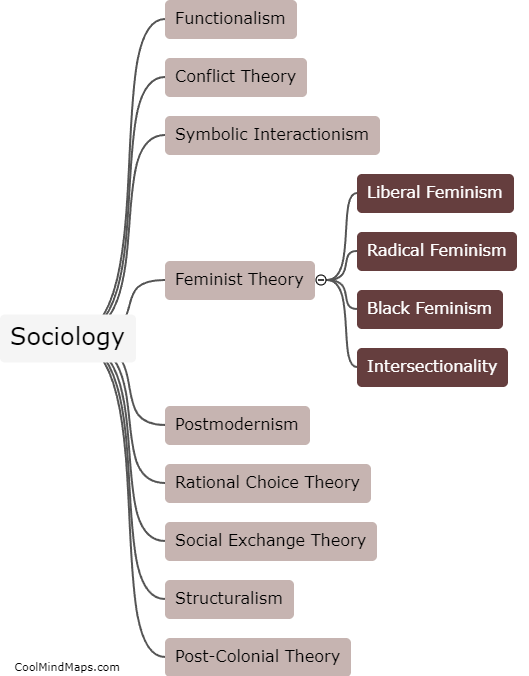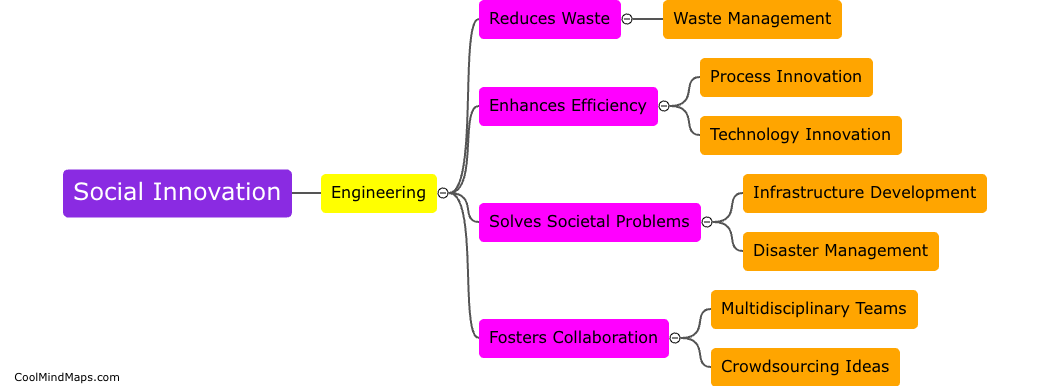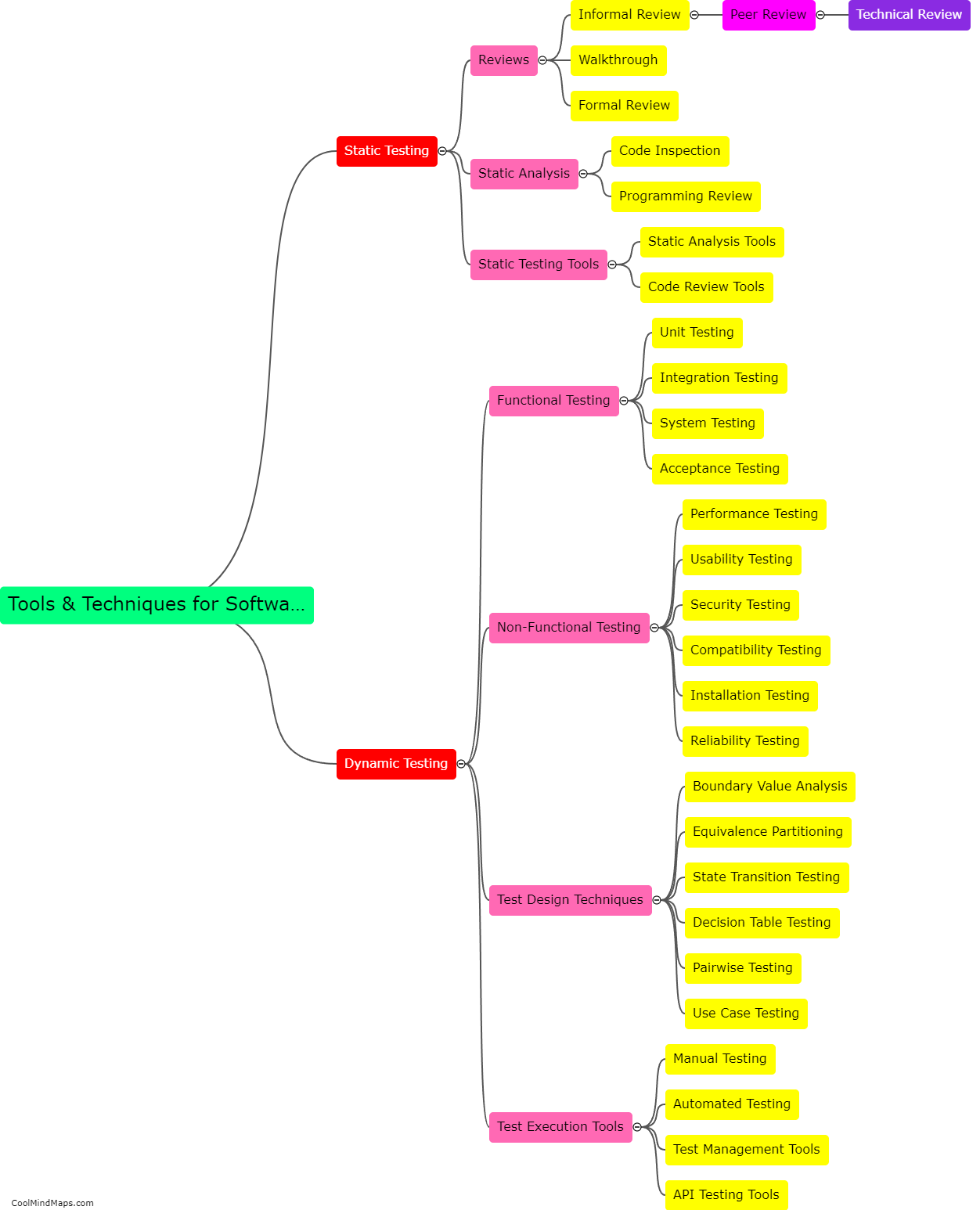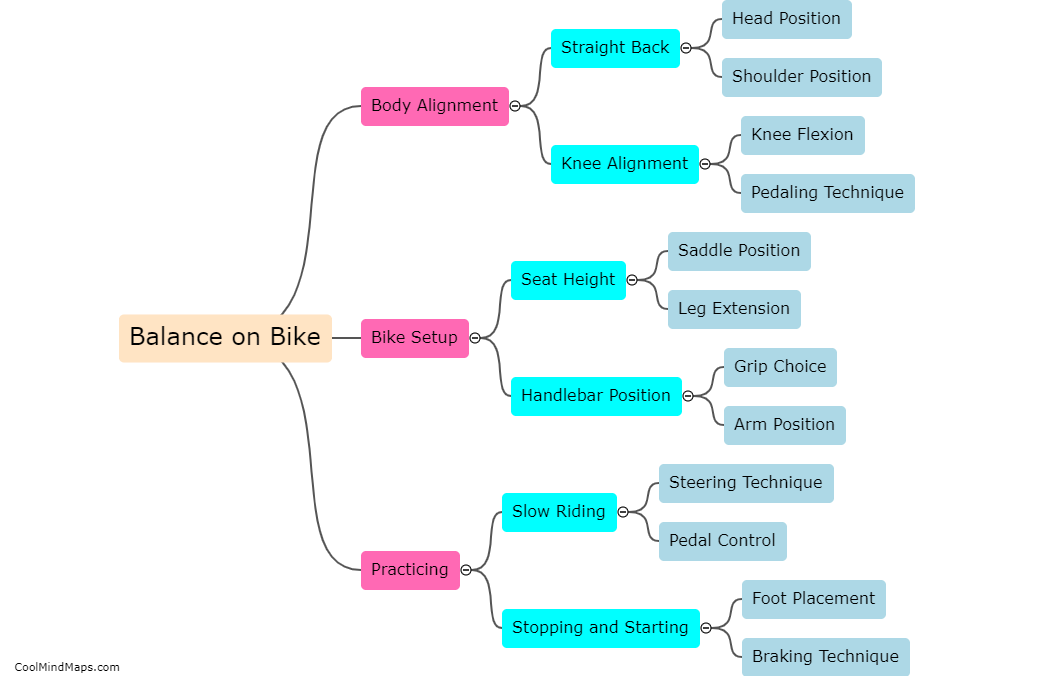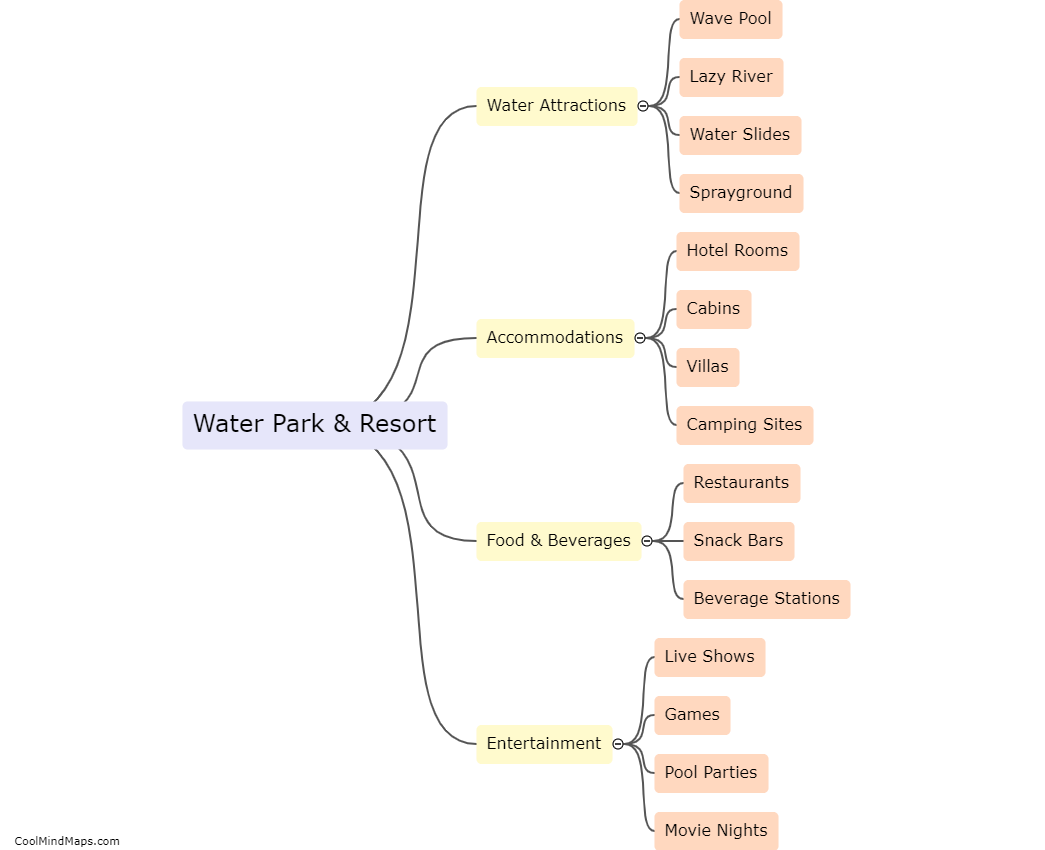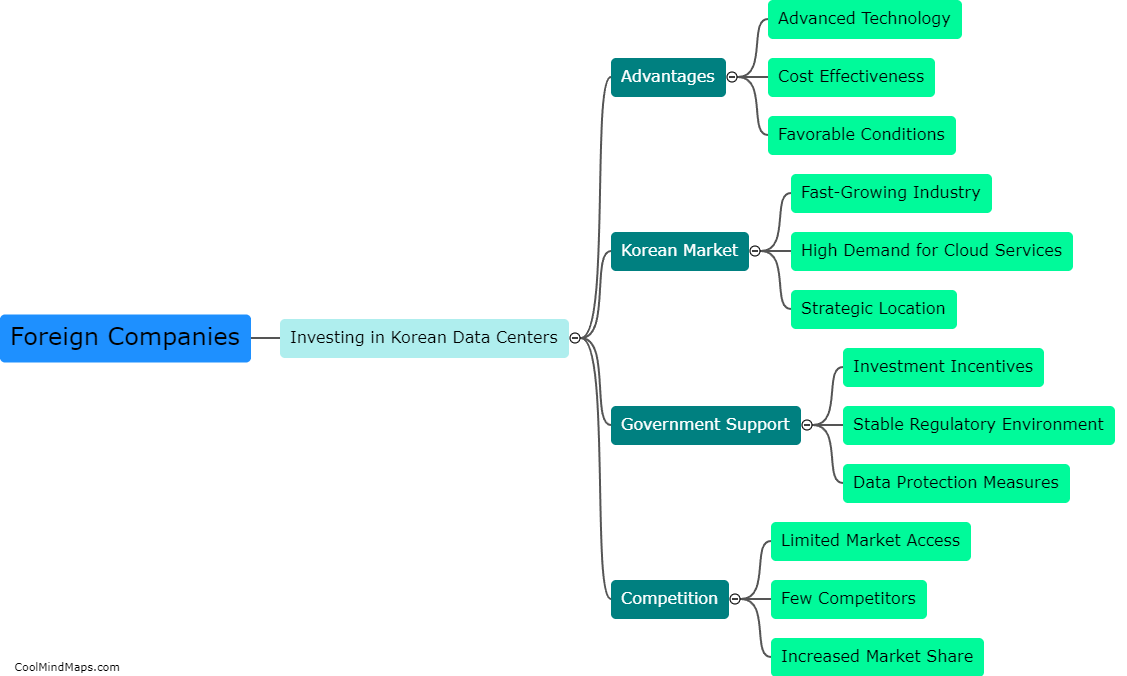What is nanotechnology membrane filtration?
Nanotechnology membrane filtration is a process in which membranes with tiny pores are used to filter out particles from a liquid or gas. These membranes are made using various materials, including ceramic, polymer, and metal, with pore sizes ranging from a few nanometers to a few hundred nanometers. Nanotechnology membrane filtration is highly effective in removing impurities, such as bacteria, viruses, and other chemicals, from water and air. This technology has various applications such as food and beverage processing, water treatment, pharmaceuticals, and electronics. With its high efficiency, low cost, and eco-friendly nature, nanotechnology membrane filtration is becoming an increasingly popular choice for filtration processes.

This mind map was published on 7 June 2023 and has been viewed 110 times.
